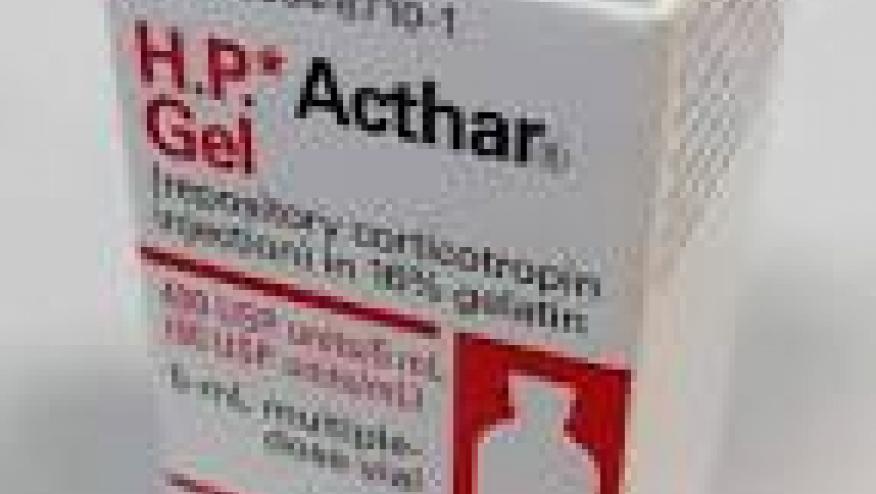Company Payments to Rheumatologists, Specialists Linked to Increased ACTH Prescriptions Save

Despite its exorbitant price tag and paucity of supportive clinical evidence, ACTH (corticotropin) sales have increased in the United States. A recent JAMA article examined its use by specialists and found that those who prescribe ACTH (including rheumatologists, nephrologists, neurologists) received corticotropin-related payments from the products sole manufacturer, Mallinckrod.
Researchers from Oregon State and Oregon Health Science University performed a cross-sectional analysis of data from the Centers for Medicare & Medicaid Services 2015 Part D prescribing data that was further linked to 2015 Open Payments data.
The data set include 2015 nephrologists, neurologists, and rheumatologists who had more than 10 corticotropin prescriptions. This included a total of 235 included physicians; 65 were nephrologists; 59 neurologists; and 111 rheumatologists.
Of these 235 specialists, 207 (88%) received a monetary payment from the drug’s maker, Mallinckrodt. Physician payments ranged from $11-$138 321 in 2015. More 20% of frequent prescribers receiving more than $10 000. Maximum total payments were highest for rheumatology ($138 321) compared to nephrology ($56 549) and neurology ($120 387).
There was a significant association between higher dollar amounts paid to these prescribers and greater Medicare spending on their corticotropin prescriptions.
For every $10 000 in physician payments, there was an associated 7.9% increase (approximately $53 000) in Medicare spending on corticotropin. There was no association between corticotropin-related payments and spending on prescriptions for synthetic corticosteroids.
It appears there are significant financial conflicts of interest among physicians who treat Medicare patients with corticotropin therapy.










If you are a health practitioner, you may Login/Register to comment.
Due to the nature of these comment forums, only health practitioners are allowed to comment at this time.